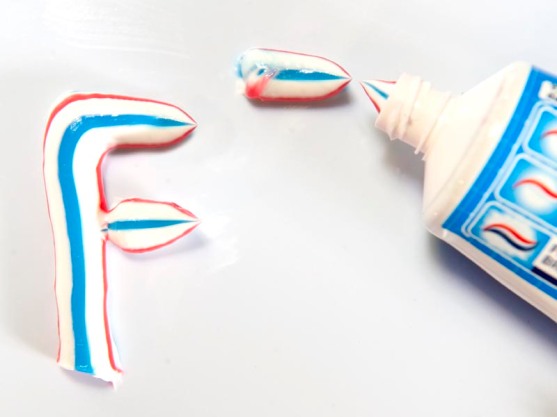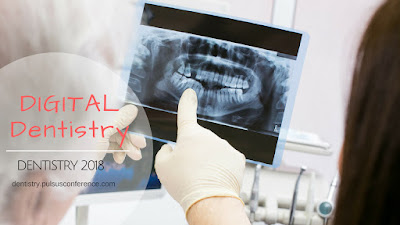Is Fluoride Safe ?
Fluoride is a natural mineral found throughout the earth’s crust and widely distributed in nature. Some foods and water supplies contain fluoride.Fluoride is found naturally in soil, water, and foods. It is also produced synthetically for use in drinking water, toothpaste, mouthwashes and various chemical products.

Fluoride is often added to drinking water to help reduce tooth decay.Water authorities add fluoride to the municipal water supply, because studies have shown that adding it in areas where fluoride levels in the water are low can reduce the prevalence of tooth decay in the local population.Enamel, the outer layer of the crown of a tooth, is made of closely packed mineral crystals. Every day, minerals are lost and gained from inside the enamel crystals. Losing minerals is called demineralization. Gaining them back is called remineralization.Demineralization begins with the bacteria in the plaque on your teeth. They feed on sugar and other carbohydrates in your mouth and produce acids. The acids dissolve crystals in tooth enamel. The loss of enamel is balanced by remineralization. In this process, minerals in the saliva, such as fluoride, calcium and phosphate, are deposited back into the enamel.
Fluoride helps teeth in two ways. When children eat or drink fluoride in small doses, it enters the bloodstream and becomes part of their developing permanent teeth. Swallowed fluorides also become part of the saliva and strengthen teeth from the outside. Acids are less able to damage tooth enamel strengthened by fluoride. People apply fluoride directly to their teeth when they use a fluoride toothpaste or rinse. Both children and adults also can receive fluoride treatments from the dentist. Fluoride applied to the outside of the teeth helps to speed remineralization. Fluoride treatments, applied in the dental office, also are strong enough to disrupt the production of acids by bacteria.
In fact, the evidence consistently shows that fluoride is safe and effective in the amounts your toothpaste and household tap would provide. Too much fluoride can lead to dental fluorosis or skeletal fluorosis, which can damage bones and joints.

Dental fluorosis
Exposure to high concentrations of fluoride during childhood, when teeth are developing, can result in mild dental fluorosis. There will be tiny white streaks or specks in the enamel of the tooth.This does not affect the health of the teeth, but the discoloration may be noticeable.
Skeletal fluorosis
Excess exposure to fluoride can lead to a bone disease known as skeletal fluorosis. Over many years, this can result in pain and damage to bones and joints.The bones may become hardened and less elastic, increasing the risk of fractures. If the bones thicken and bone tissue accumulates, this can contribute to impaired joint mobility.
Thyroid problems
In some cases, excess fluoride can damage the parathyroid gland. This can result in hyperparathyroidism, which involves uncontrolled secretion of parathyroid hormones.This can result in a depletion of calcium in bone structures and higher-than-normal concentrations of calcium in the blood.
There are other health issues due to high concentration of fluoride ranging from allergies to cardiovascular diseases, neurological problems etc.
Fluoride used in Dentistry :
- toothpaste
- cements and fillings
- gels and mouthwashes
- varnishes
- some brands of floss
- fluoride supplements, recommended in areas where water is not fluoridated
High concentration of fluoride can adversely affect your body but it is also essential for your teeth as it protects your teeth from decay and cavities .Use it accordingly.

Comments
Post a Comment